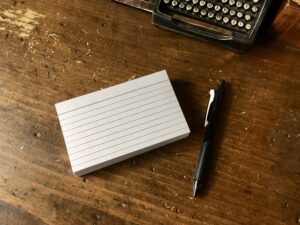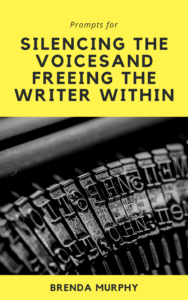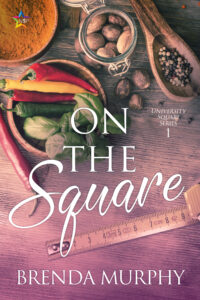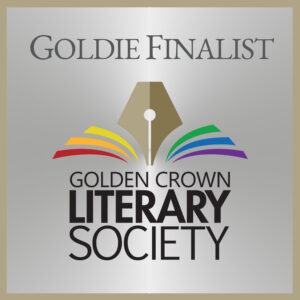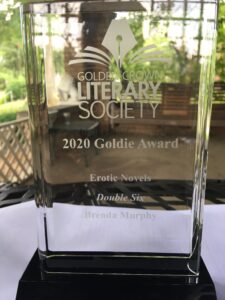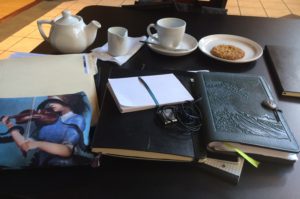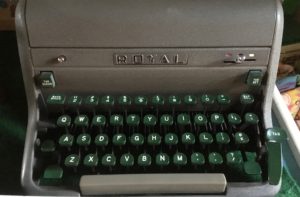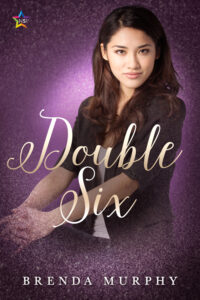Do you outline? I can’t think of another question that will start a conversation quicker among writers. Folks that believe they must have an outline before they write the first word find it hard to understand how some folks start writing and let the story take them where it will. And for folks just beginning to write, it can be a massive source of frustration and confusion. How to create an outline becomes just as problematic as the question of if you should bother with one.
The truth is this: the only way to find out if an outline works for you is to try writing with and without one.
Outlining can take many forms. My outline is nontraditional in that it is a collection of scene cards. I’m visually oriented, and my book comes to me like films in my head, so this works for me. I have friends that can’t write until they have a detailed outline and others that never outline. We all get our books written for two reasons: we never stop writing and are comfortable with our process.
So what are discovery drafts? And what do trellises have to do with outlines?
I have lost count of the folks who say to me, “I really want to write a book, but I can’t get my outline finished/started.”
I tell them to start writing with what ideas they have to see where the story leads them, creating a discovery draft. The first draft is a discovery draft. Even with detailed outlines many author find that after they start writing their story changes and their path to writing ‘the end’ is not as straightforward as they had planned.
My novels often goes wildly off script as I write it. I discover things I thought would work don’t work at all, and I find other things I’d not thought of while creating my scene list. My list is enough of a trellis for my story to progress naturally. It’s not too constraining, so I don’t risk becoming bored with my story. Nothing kicks off my ADHD like being bored.
Pro tip: If you are bored writing your story, if it feels flat to you, it will feel that way to your readers. And if you lose the thread of your novel and become confused while writing it, your readers will find it confusing as well. Having some form of an outline, trellis, or scene list in place will help you find your way back to the storyline.
I am not against writing by the seat of your pants, also known as being a pantser. I know plenty of folks who have written some of my favorite books who have never outlined anything in their entire writing life. I am pro whatever gets your manuscript written.
Below are some websites that offer more in-depth discussions of outlining methods. Check them out, and then, if you have never outlined, are struggling to get an outline written, or want to see what it’s like to write with more of a road map to ‘the end’, pick one of these methods and try it. You have nothing to lose and might find a stress-free way to keep yourself on track and start/finish a manuscript.
- Traditional Outline: A detailed list of scenes, characters, and what is going on in the background, story beats, etc., in chronological order. This link leads to an article on how to create a more extensive outline: https://www.masterclass.com/articles/how-to-outline-your-novel
- Scene list/Script: Creating a scene list using simple sentences about the action in the scene, who is there, and what is going on, for example, similar to a movie script, transferring that list to index cards and sorting them until they make sense/tell a story. This is the method I use, and this is the youtube video that inspired me to use this method. https://youtube.com/watch?v=vrvawtrRxsw&feature=shares
- Sticky Notes: Using sticky notes or whiteboard to sketch your story’s bones and then using that as a guide when writing your story, this is a good discussion of that method: https://youtube.com/watch?v=pGs5ksCmjEQ&feature=shares
- Synopsis Outline: A synopsis outline is a paragraph-style outline that tells your story. This is a good article that discusses how to do that https://www.masterclass.com/articles/how-to-write-a-novel-synopsis-step-by-step-guide
- Mind Mapping: When you create a mind map, you start with your central idea or theme and then form clusters of scenes around pivotal points/story beats. This is a detailed discussion of how to do it. https://www.zenflowchart.com/guides/mind-map-in-writing
I tried four of the five methods on this list before combining the synopsis style and the scene list/script method to create a form of outlining that fit my style and brain. If you are wondering if outlining will help you finish your manuscript, or get more books written a shorter time, use this list as a guide to different methods. Have fun with them. The very best thing about being a writer is we get to make stuff up, even our methods of work.
See you next week for my next post: Feeling the Fear and Doing it Anyway


